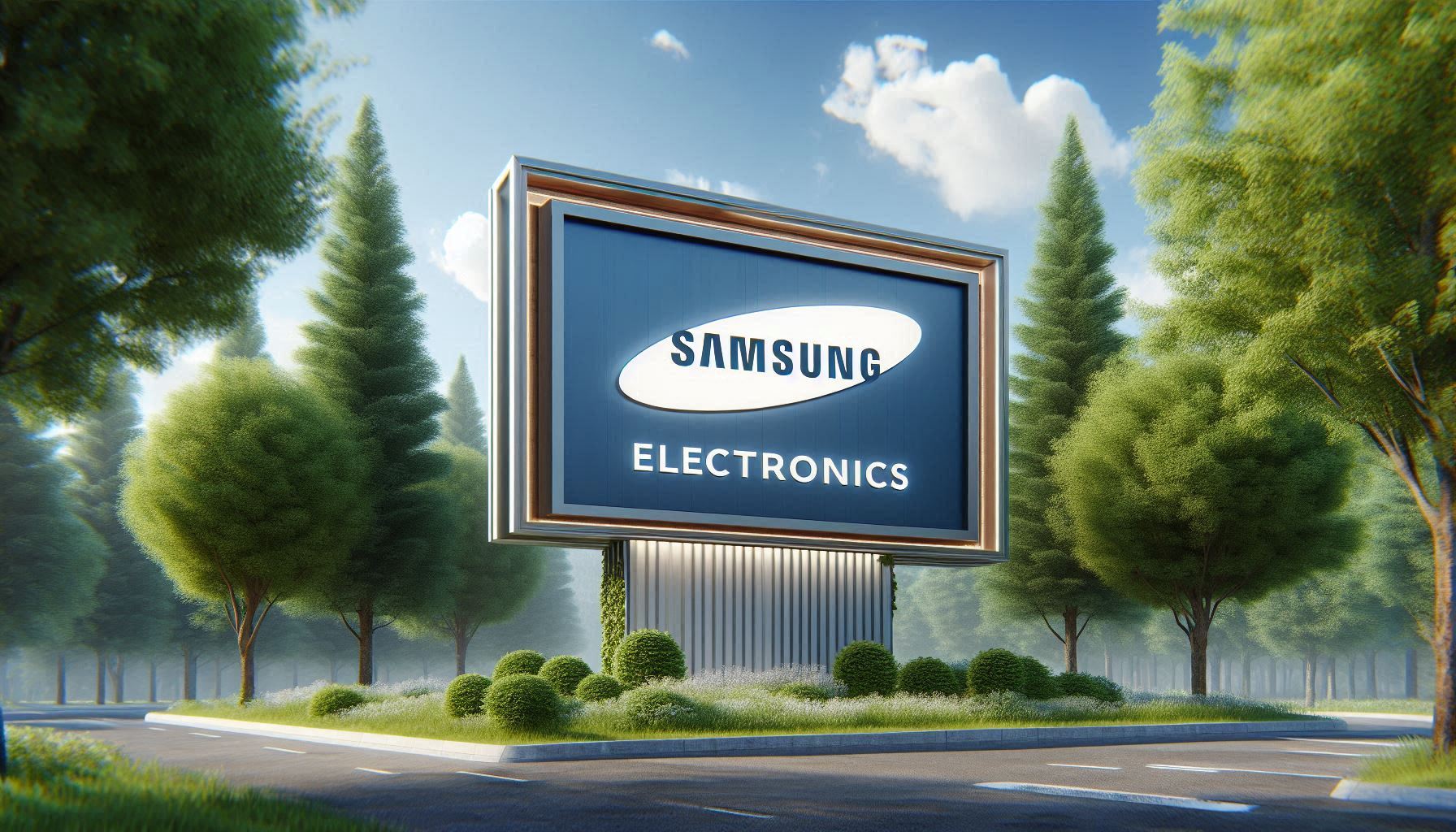 INFRA
INFRA
 INFRA
INFRA
 INFRA
INFRA
Samsung Electronics Co. Ltd.’s third-quarter profit jumped by 73% from a year earlier, but although that number sounds good, it wasn’t nearly enough to satisfy investors.
That’s because the pace of acceleration was significantly lower than it was just three months ago, increasing investors’ concerns that the company is struggling to cash in on the artificial intelligence chip boom. The world’s biggest manufacturer of memory chips, TVs and smartphones also warned that its earnings growth in the current quarter will be “limited,” as it expects growing chip sales to be offset by weaker sales of TVs, smartphones and home appliances.
The company reported an operating profit of 9.2 trillion won ($6.66 billion) in the quarter, up from a profit of just 2.4 trillion won one year earlier, but down from the 10.4 trillion won it delivered in the second quarter.
Samsung’s profit came in slightly ahead of its earlier estimate of 9.1 trillion won, which was flagged three weeks ago and came in just below the analyst target. The small bump in profitability means that Samsung’s profits were in line with expectations, but that didn’t have much impact on its share price, which remained flat in early trading in South Korea today.
Earlier this month, Samsung issued a rare apology to investors over its disappointing numbers, saying that delayed sales of advanced chips to an unidentified customer had hurt its results. It also said it’s seeing increased competition from Chinese rivals for legacy chips.
The AI industry is currently the only real bright spot in the semiconductor industry, with sales of traditional chips for personal computers, smartphones and servers being sluggish all year. But Samsung has been unable to capitalize on the AI trend, as Nvidia Corp. buys most of the memory chips for its high-end graphics processing units from other suppliers.
Although Samsung’s memory chip business delivered an operating profit of 3.9 trillion won in the quarter, up from a loss of 3.8 trillion won a year earlier, it was nowhere near the 6.45 trillion won profit it recorded in the prior quarter.
Samsung acknowledged that the picture is unlikely to change anytime soon. “The demand trends experienced in the previous quarter are expected to continue,” a spokesperson said, discussing the near-term outlook for the semiconductor market.
In addition to the sluggish demand, Samsung’s chip earnings were hurt by currency effects resulting from the weak dollar, and one-off expenses involving the provision of incentives for employees.
Worse, it’s not just Samsung’s memory chip business that’s struggling. Its foundry business, which manufactures logic chips for other chipmakers, was hit by widening losses in the quarter.
The lackluster performance of the chip business has reportedly persuaded Samsung to postpone the delivery of high-end chipmaking equipment from the Dutch company ASML Holding NV.
Reuters said Samsung had been planning to install ASML’s machinery at its new factory in Texas, but because it has not yet landed any significant orders from customers, it has now decided to put that plan on the back burner.
Unfortunately for Samsung, its mobile devices business didn’t provide investors with much to cheer about either, with its operating profit falling to just 2.8 trillion won in the quarter, down from 3.3 trillion won a year earlier.
“Samsung had a good quarter, maintaining it’s profitabiliy and growing revenue,” said analyst Holger Mueller of Constellation Research Inc. “All segments are up but the outlook isn’t too rosy for it’s chip and foundry business. All eyes will be on the next quarter to see if Samsung can revive demand.”
Samsung’s stock is down around 25% in the year to date, which contrasts poorly with rival chipmakers such as SK Hynix Inc. and Micron Technology Inc., which have gained 30% and 20%, respectively. Meanwhile, shares of Taiwan Semiconductor Manufacturing Co., its biggest rival in the chip sector, have risen more than 70% this year.
Support our mission to keep content open and free by engaging with theCUBE community. Join theCUBE’s Alumni Trust Network, where technology leaders connect, share intelligence and create opportunities.
Founded by tech visionaries John Furrier and Dave Vellante, SiliconANGLE Media has built a dynamic ecosystem of industry-leading digital media brands that reach 15+ million elite tech professionals. Our new proprietary theCUBE AI Video Cloud is breaking ground in audience interaction, leveraging theCUBEai.com neural network to help technology companies make data-driven decisions and stay at the forefront of industry conversations.